
Introduction to VPN
VPN is pronounced as Virtual Private Network. As its name suggests, VPN is a private network connection that serves the purpose of data sharing, privately, among several connected devices. All the computers, mobiles, laptops and other devices connected through this virtual private network can share the data with secured encryption that cannot be observed by anyone else. That's why it is called a private network. It serves the purpose of security.
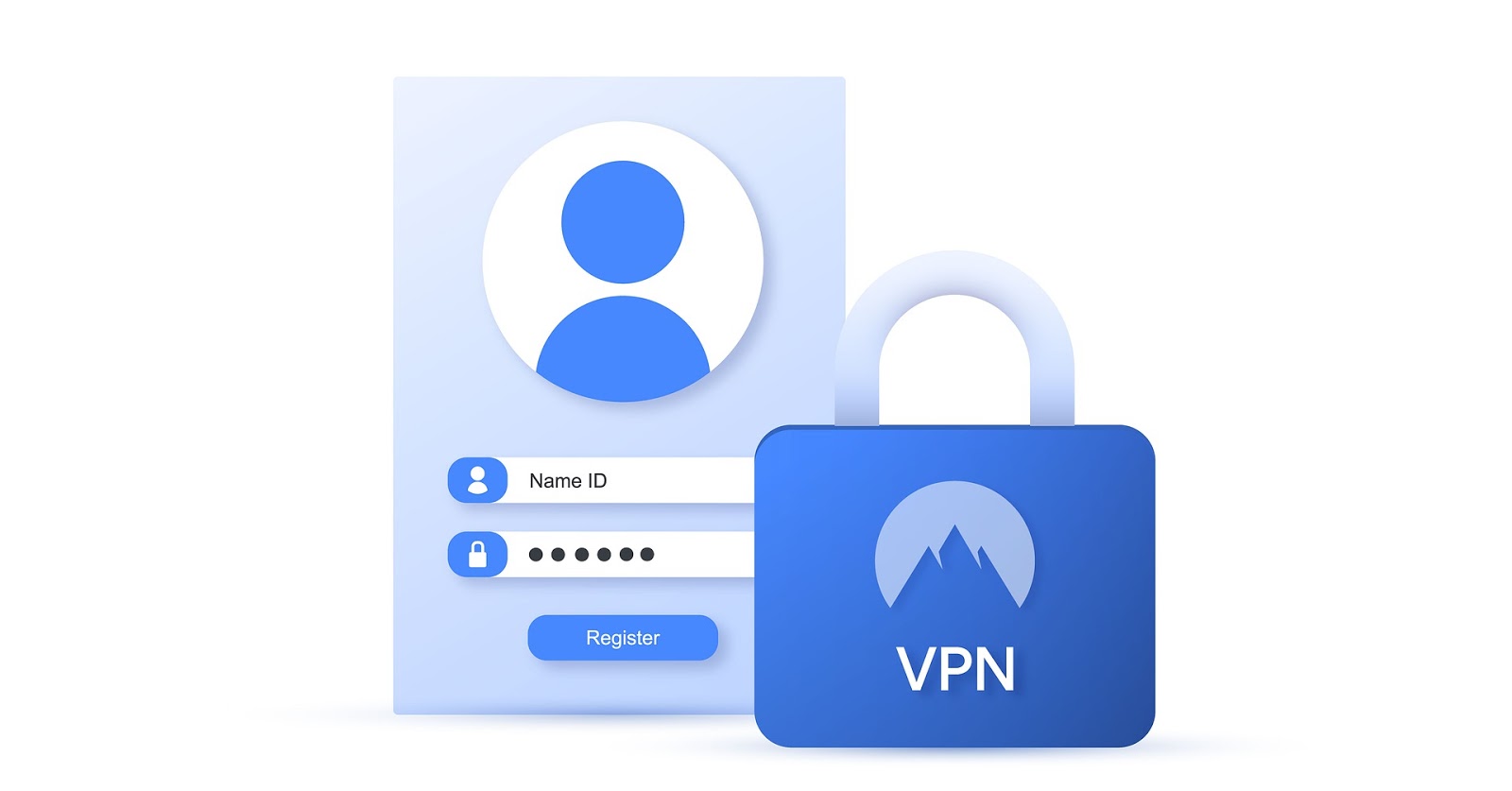
A typical VPN performs data encryption up to 256 bytes. Data encryption means that your original data is being transmitted into a different complex language that needs to be decrypted for understanding. That's why, when you surf the internet via VPN, all your data log is encrypted and no internet service provider can see the actual data. They just see a connection between a random IP and the VPN server. The encrypted data seems garbage to them. Here's a list of a few best online VPN services:
- SurfShark VPN
- Nord VPN
- ExpressVPN etc.
History of VPN
VPN was introduced in 1996 just for the sake of sharing the team data, remotely, via a private network. It made the team eligible to connect the company's device via a secured connection. Later, many military and government sectors shared their resources and their devices via virtual private networks so that any core member of the department could access the data anywhere online.
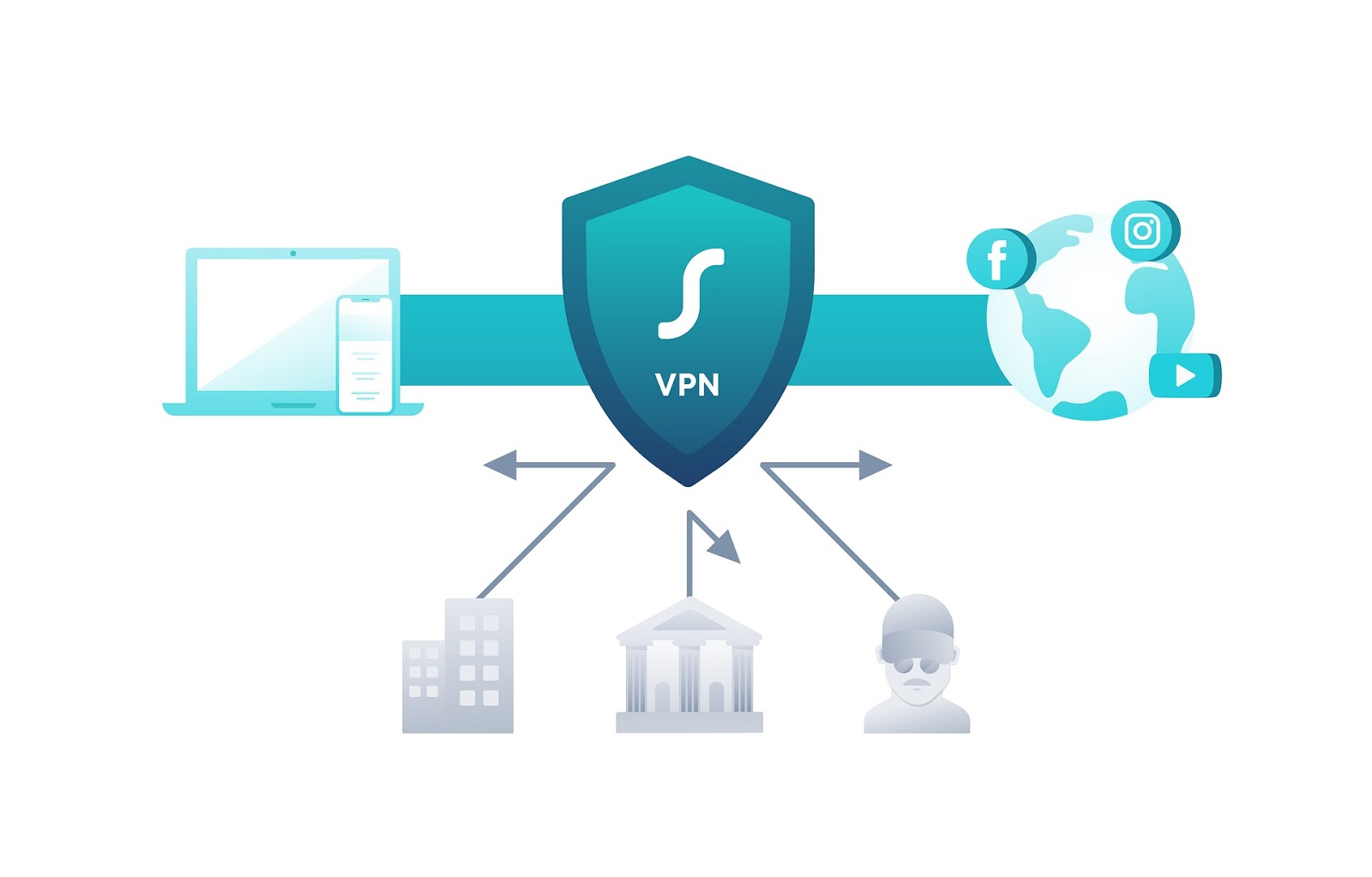
These private networks made sure the data encryption as well. No other internet user or service provider could actually see their transaction details. That's how the VPN appeared as a handful yet secured network.
With the passage of time, a corporate sector adopted this private network method as they could not afford to reveal their specific business models and strategies online with anyone; therefore, they made their own virtual private networks to deal with their international staff via a private network.
VPN Structure
A virtual private network means private network access to a public network connection virtually. There are different protocols used in building a secured VPN. Whenever a person is connected through a VPN, his browsing history and login details won't be accessible via a public network. It does not matter if he is using public Wifi or not, his all browsing history is encrypted with several protocols.
Pros/ Advantages of VPN
VPN helps us in getting:- Secure connection
- Better Internet Speed
- Access to the restricted platforms
- Chance to go global
- Rid of censorship
- An untraceable IP
- All international offers
- Secured data log
Secure connection
The very first and foremost usage of the VPN is building a secured line of data transmission which cannot be traced, manipulated or hacked by any service provider.
All the data which is transmitted by a VPN is encrypted in several layers and the service provider can just see a connection between them, not the actual data which is being transferred.
That's why most of the banking sectors and e-commerce stakeholders have their own VPNs. Otherwise, all the private credentials can be hacked or manipulated with some medium level hacking.
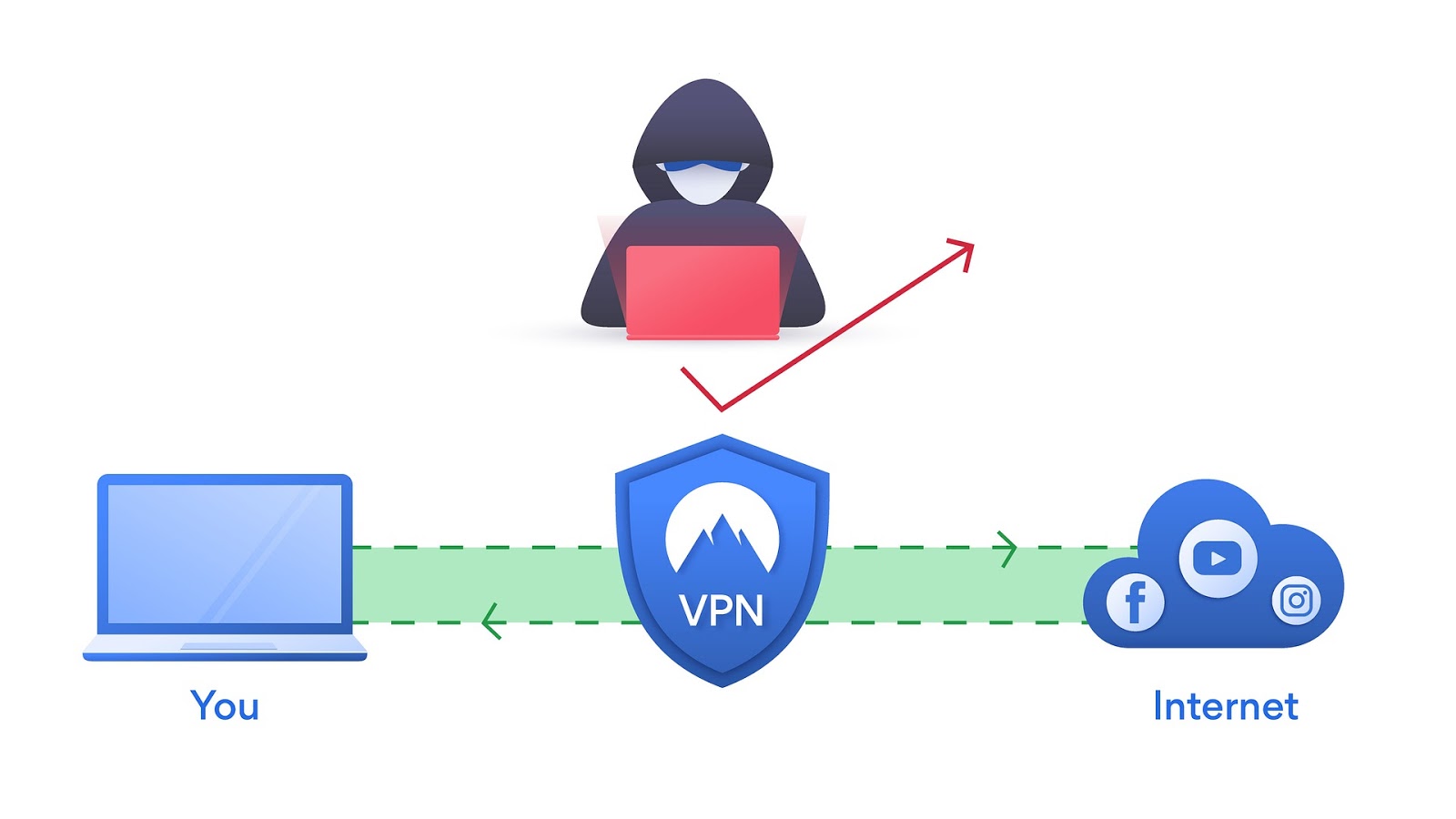
Better Internet Speed
As you have known that VPN is a private network, so it works as a dedicated server between both ends. We may receive lag in our public network connections due to a burden of overload traffic but the VPN works as a sole private network that is dedicatedly available to you. Regardless of a normal public connection speed, VPN always offers you a better speed than a public network.
That's why many streamers and professional gamers now have to have a premium VPN service for the best speed.
Access to the Restricted Platforms
We are living in a highly diplomatic and highly competitive era. Many international countries and brands have to restrict their services due to their diplomatic policies like China and Saudia won't allow you to use Facebook and Google etc. In the same way, some countries won't support the PayPal and Netflix streaming services. If you are traveling or staying there for a while, you still can access your PayPal and Netflix subscription there with the help of a VPN.
If you still want to use any international service without any local restrictions, you need to have a VPN service.
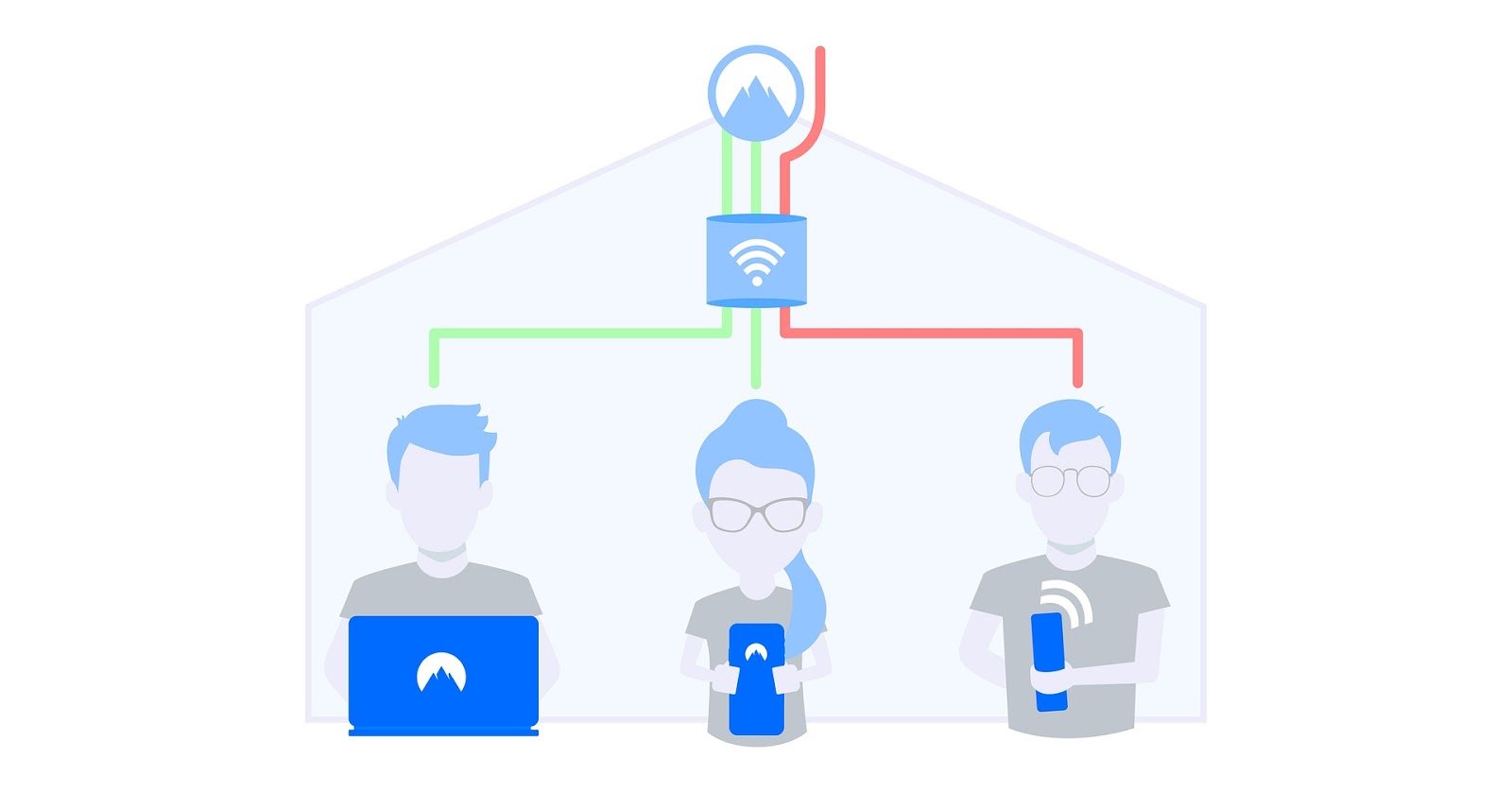
Chance to Go Global
One of the most fascinating things about VPN is about connecting to the internet from any country's local network. You can select your favorite county's network to connect with and then all your data surfing and browsing would be done with that particular network.
Most of the time, any internet geek or E-commerce geek chooses VPN to collect data and statistics for an international forum. For example, whenever you type a certain keyword in your browser, you will see some top suggested queries by your browser. Those top suggestions are based on the most common search queries from your nearest areas. Hence, you can connect to another country's network via VPN and collect a different data set by searching the same query in your browser. It would give you top search results from that particular location.
Any SEO guru can do this to master the keyword-finding technique. Probably most of the keywords finding tools perform the same algorithm to gather the top ranking keywords in different parts of the world.
Get Rid of Censorship
If you ever feel rejected, restricted by the national censorship laws and some international forums and you just can't share any bold content or speech of your desire. You can achieve that freedom of speech after getting connected with any VPN service. You can then easily share your ideas and content from a different location.
An Untraceable IP
In a normal routine, you are easily traceable and trackable of your all activities via your internet devices. All your banking details and your bank transaction can be hacked with ease on a public network. You can even be traced with some medium to advance hacking tools. Hence, you are nothing but a caged person in this miserable public network connection. So, you may get an untraceable IP each time after getting connected with the VPNs. Each time you get connected to the VPN, you get a new IP address that cannot be traced back to your device.
Redeem All International Offers
As you have already understood much about VPN, you should be aware of the fact that you can change your log-in location with the help of a VPN. Now here comes an exciting part. Many companies and brands present special deals and discounted offers for specific countries or regions at some specific local festivals. If you have a VPN service, you can easily redeem the discounted price after getting logged in from that particular location.
In another case, you can even purchase online from different locations to have a fair deal. For example, AliExpress provides a different rate for Chinese than Europeans.
Secured Data Log
Have you ever wondered about the internet ads process? How do they belong to you every single time? How can they appear at the right place at the right time? How is it possible for those advertisers to know your personal interests and your personal needs?
Well, it is an alarming yet awakening fact that every single free social media service provider keeps logging and storing your personal data from your device. Whenever you download the free apps, they ask permission to access your microphone and camera. There you fall into a trap. They can know every single thing about themselves through your device. They sell that particular data to those third-party apps, so they can lure you with the most relevant necessities. That's how the whole online advertising model works. That's how all these free apps are still able to provide you so-called free services because you are not paying for their products but you are yourself a product. It is what it is.
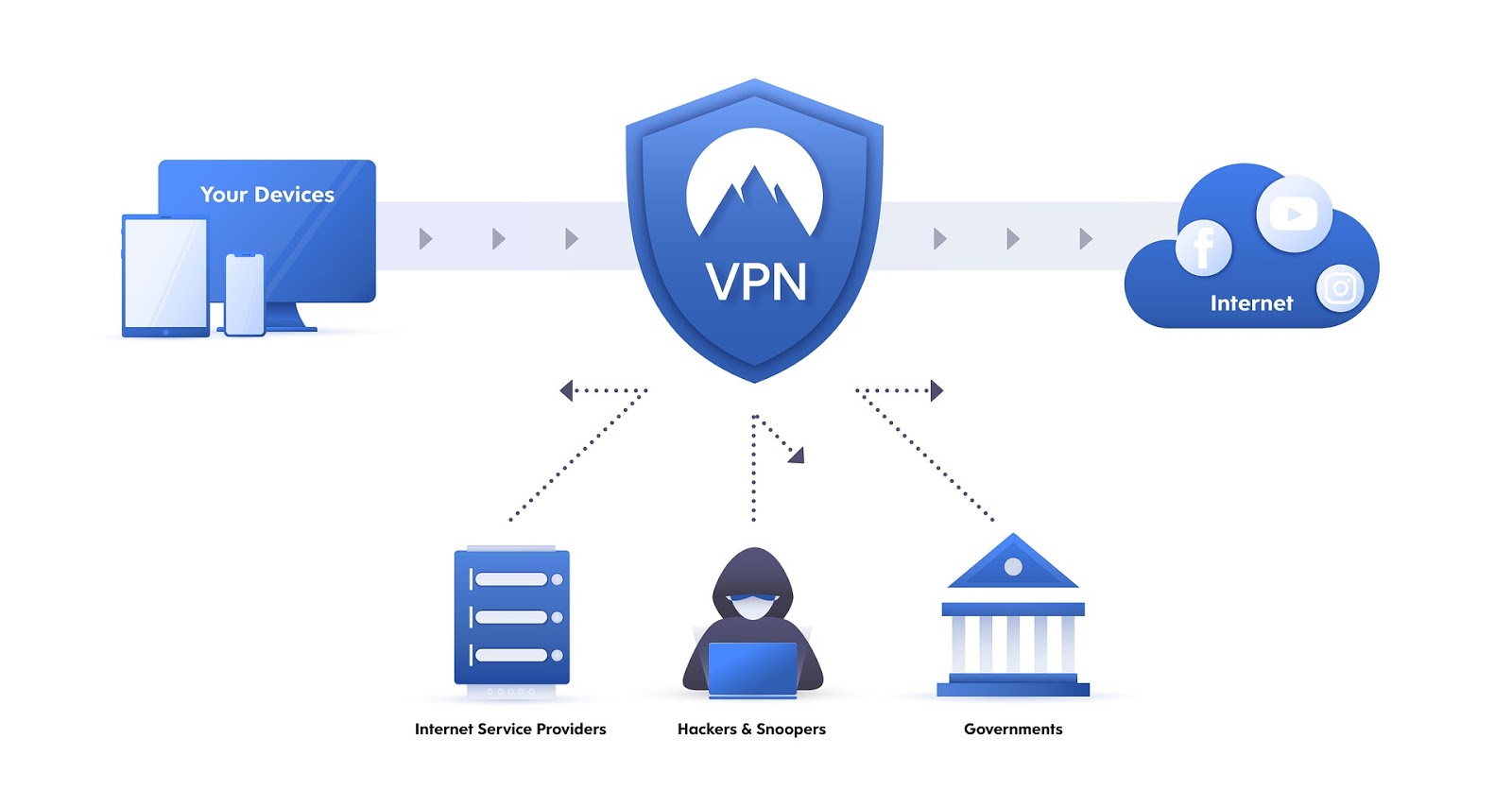
Cons/Disadvantages of VPN
Despite all the pros of VPN, there are some cons of VPN as well. The most common disadvantages of VPN are:
- Extra Cost
- Illegal activity
Extra Cost
To have a secured and premium service of a VPN may cost any particular regular charges which you have to bear as an extra for surfing the same browsers along with the VPN.
It won't cost much to any individual but on a larger scale, VPN costs the corporate companies and banking sectors a handsome monthly amount.
Illegal Activity
We know that we are living in the high-tech era. Every single good soul is using the internet so as the evil ones. That's why government institutions and your national internet service provider keep tracking your internet activities all the time. If any fraudulent or terror activities are to be done somewhere, they try to trace it via their logged data and eliminate the threat before a threat eliminates us.
That's why many countries won't encourage VPNs as they consider it a risky approach for common civilians. If it is encouraged openly, then every single person would be doing it and they can't differentiate between anyone because they won't be able to decrypt the encrypted surfing data. Anyone with bad intentions would be a major threat if he would be using the VPN each time before going to the internet. That's why all the security institutions won't allow any open usage of the VPN. They are interested in tracking your records for your safety; however, you won't be having your free private life.
Types of VPN
There are many types of VPN services available in the market nowadays. Most of them are free but they have their limitations and other premium VPs are good options too. Following are the details about several types of VPN.
Free Routers VPN
Free routers VPNs work as just the router. They just redirect your internet requests to the private network and all the responses from the public networks against your search queries revert back to you from the same private network connection. There is no direct network connection between the public network and your device. You can get a new random IP address each time while connecting to that free VPN. So, your location is untraceable.
These free VPNs are most favorable towards newbies and freebies. Almost all teenagers use such free VPNs to stream their favorite content platforms like Netflix, Hulu and Sonyliv etc.
The major benefit of such VPNs is that they won't cost you some extra bucks but they are not much feasible as well. They are usually slower than premium ones because many people use their free services and their server is usually down due to heavy traffic. Moreover, their security is not as much safer as it should be. As they also have an advertisement revenue model for their return of investment (ROI), you are still on the verge of losing all your data online to some specific advertisers. That's why you observe many ads even on VPNs.
So these are not trustworthy for secured businesses. They are just valuable for youngsters for steaming the restricted games and apps free of cost.
Premium VPNs
Premium VPNs are dedicated VPNs for your network connection. They are not rushy as there are no freebies there on their server. Only mature and serious peeps buy their membership to have either a better speed of internet or much safer protection for their online surfing. In such premium VPNs, several layers of VPN protocols are added and your data is made fully encrypted. Further, your one-session data expires- once you logged out from that private connection. That's the most attractive part to buy a premium service of a VPN as it gives you full control and assurance about your protected internet surfing.
These premium VPN services have several backup servers on their end, so their speed is rarely compromised.
Such VPNs give freedom of speech and free life- a true meaning.
FAQs about VPN
What is VPN?
VPN is a virtual private network that allows you to access the public network, privately. It was built for just accessing office resources remotely in 1996. Nowadays, it is working as a proper proxy network to access all the restricted platforms. You can secretly browse anything from your PC and your IP address and browsing history won't be tracked.
What is the purpose of a VPN?
There are several purposes of VPN as it behaves as a separate private network connection providing a speedy internet, secured internet and ad-free service; plus, it gives you an opportunity to access all the restricted services and international offers. Some corporate companies and banks use their own VPNs to make their data secure via their own private network.
What are the Pros/Cons of VPN?
There are several pros and cons of a VPN. The major pros of VPN are data security, speedy internet and providing access to any restricted media by changing your geometric location and IP.
The cons of VPN are the extra expenditure and a risky approach to a probable violation of the law according to some specific countries.
How to check the quality of any VPN?
You should check its capability of providing secure 256 bits data encryption. You should check whether it has as many locations as you want or not. You must check its assigned IP addresses beginning- it must match with that particular location's IPs. You should also check the internet speed via that particular VPN. It is supposed to give you a higher speed.
Should I go with free VPNs or Premium Ones?
Obviously, it is preferable to go with the premium ones as they provide better privacy and speedy service than free ones. However, if you want to just access your favorite show or game which is restricted in your location, you can go with the free ones. Don't try to process any secret data like banking or credit card transactions while using free VPNs.
How do I connect with a VPN Service?
It's not a hectic task nowadays, you can just simply download an app from the play store or an app store and the app sets up a VPN connection on your public internet automatically assigning you a random IP of a different location. However, you can set up manually via VPN settings in your network settings.
For a Windows PC, you need to sign up with your VPN service providers and establish a username and password once.
Once you have got your VPN subscription, you can simply go to the network settings and create a VPN server choosing a specific IP address, username and password.
Then you just need to connect with that particular VPN network each time. It works as a proxy network in your windows.




i subscribe for a blog web site? The account helped me a acceptable deal.
I had been a little bit acquainted of this your broadcast offered
bright clear concept Reply